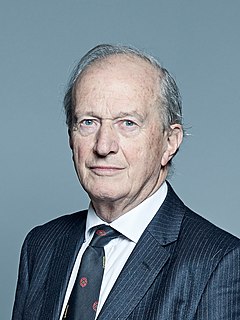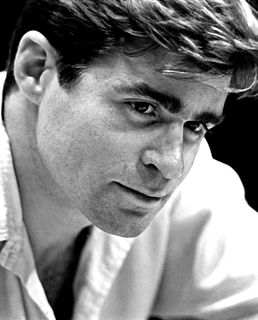A Quote by Andrew Gross
Im all about entertaining and keeping a reader on the edge of their seat, so to me, the social issues have to be meaningful and give the book whats really at stake, but ultimately its not about them - its always a personal story of everyday people thrust into life-threatening situations and having to perform heroic acts.
Related Quotes
The first rule is you have to create a reality that makes the reader want to come back and see what happens next. The way I tried to do it, I'd create characters that the reader could instantly recognize, and hopefully bond with, and put them through situations that keep the reader on the edge of their seat.
Ultimately, leadership is not about glorious crowning acts. It's about keeping your team focused on a goal and motivated to do their best to achieve it, especially when the stakes are high and the consequences really matter. It is about laying the groundwork for others' success, and then standing back and letting them shine.
'Brown Girl Dreaming' was a book I had a lot of doubts about - mainly, would this story be meaningful to anyone besides me? My editor, Nancy Paulsen, kept assuring me, but there were moments when I was in a really sad place with the story for so many reasons. It wasn't an easy book to write - emotionally, physically, or creatively.
I always tell people, "There's a book on everyone." I get some of that book before I do anything. If I want to deeply understand someone's reputation, I'll talk to their friends, their former bosses, their peers, and I'll learn a lot about them. I want them to be trusted. I want them to be respected. I want them to give a s - -. Then there are the intangibles: physical and emotional stamina, the ability to confront issues. I can ask all I want about those things, but I also have to see a lot of it.
Most of us are flawed, complicated people, and we're all trying very hard to disguise that or hide it from the public. Ultimately, we respond to someone who's capable of doing heroic things but has issues or problems in their life that they can't seem to resolve. I believe audiences identify with that. All of us have those secrets and those things that we wish we could improve about ourselves. And when you have someone who's heroic and flawed, I think it makes us feel better about ourselves.
When we talk about the word 'socialism,' I think what it really means is just democratic participation in our economic dignity and our economic, social, and racial dignity. It is about direct representation and people actually having power and stake over their economic and social wellness, at the end of the day.
Im drawn to stories about ordinary people who get tangled up in an extraordinary event or idea or emotion. Im not saying I dont love films about super-people or super-doctors, but my preference is for stories about how we get through this life, what it is to be human, because Im always struggling with it myself.



































